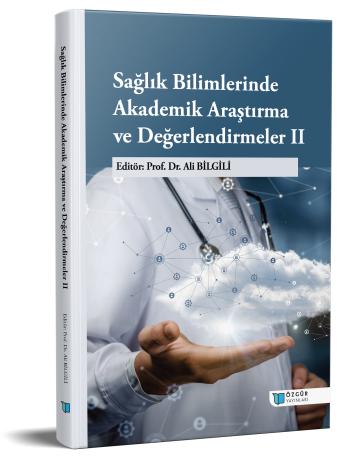
The Impact of Social Capital on Organ Donation: The Power of Social Ties
Chapter from the book:
Bilgili,
A.
(ed.)
2024.
Academic Research and Evaluations in Health Sciences II.
Synopsis
Social capital emphasizes that in a society operating on the basis of mutual trust and cooperation, economic transaction costs will decrease by highlighting the importance of social norms. Additionally, social capital is also considered a public good that narrows the distances between the market and society. This type of capital, which is used with reference to the importance of social relationships, is a crucial element that facilitates the achievement of common goals within society through trust, norms, and networks among individuals. Research indicates that in societies with high social capital, organ donation rates are higher, and individuals are more willing and informed about organ donation. The findings show that strong family ties, active community participation, and widespread trust enhance positive attitudes towards organ donation. Furthermore, it has been determined that in communities with high social capital, the levels of knowledge and awareness regarding organ donation are also higher.

